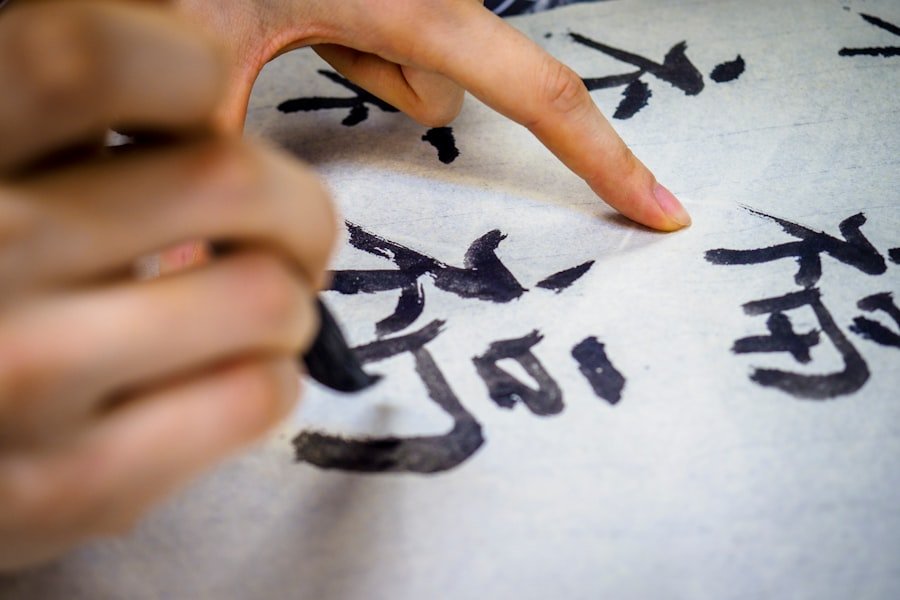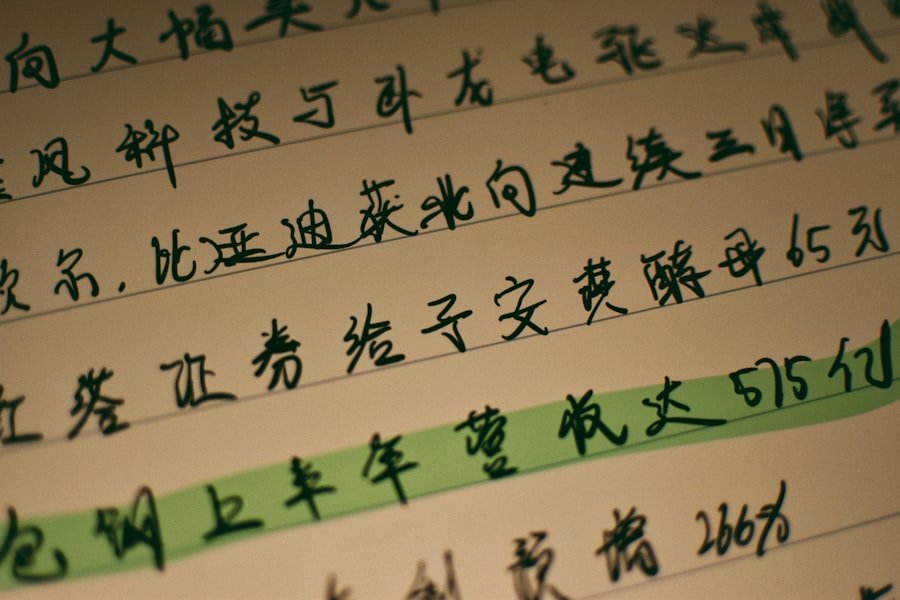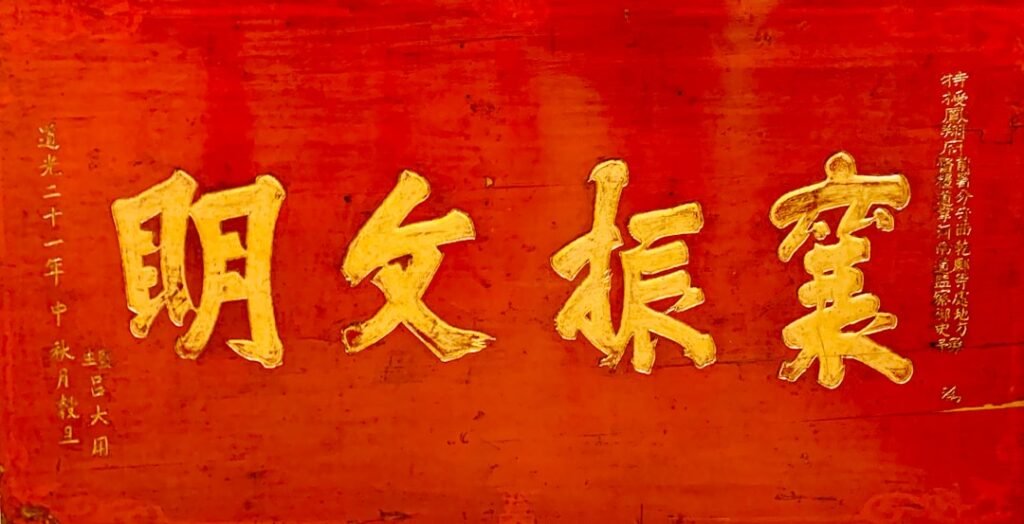Embarking on the journey of learning Chinese can be both exhilarating and daunting, especially when it intertwines with the ancient art of Kung Fu. Your first lesson is not merely an introduction to a new language; it is a gateway into a rich cultural tapestry that has shaped martial arts for centuries. As you step into the world of Chinese vocabulary, you will discover that each term carries with it a history, a philosophy, and a purpose that transcends mere words.
The experience is akin to unlocking a treasure chest filled with wisdom, where every character and phrase offers insight into the principles of Kung Fu. In your initial lesson, you will likely encounter basic greetings and essential phrases that serve as the foundation for your linguistic journey. These early interactions are crucial, as they not only familiarise you with the sounds and tones of the language but also help you connect with the broader Kung Fu community.
Understanding the language enhances your ability to communicate with fellow practitioners and instructors, fostering a sense of camaraderie and shared purpose. As you delve deeper into your studies, you will find that mastering Chinese vocabulary is not just about memorising words; it is about embracing a way of life that values discipline, respect, and continuous learning. Spaces are filling up fast! Register for Chinese classes at the LC Chinese School in Oslo today.
Table of Contents
ToggleSummary
- Learning Chinese vocabulary is essential for mastering Kung Fu, as it helps in understanding the origins and cultural significance of the martial art.
- Finding the right teacher in Oslo is crucial for learning Chinese vocabulary for Kung Fu, as they can provide guidance and support in your language learning journey.
- Mastering the basics of Chinese vocabulary for Kung Fu is important for building a strong foundation in the martial art and enhancing your practice.
- Overcoming language barriers in Oslo requires dedication and practice, but with the right tips and strategies, learning Chinese vocabulary for Kung Fu is achievable.
- Embracing the language of Kung Fu in Oslo not only enhances your practice but also deepens your cultural appreciation and understanding of the martial art.
Understanding the Importance of Vocabulary in Kung Fu
Vocabulary plays a pivotal role in Kung Fu, serving as the bridge between physical practice and philosophical understanding. Each term encapsulates specific techniques, movements, and principles that are integral to mastering the art. For instance, knowing the correct terminology for various stances or strikes not only aids in executing them accurately but also deepens your comprehension of their significance within the broader context of Kung Fu.
This linguistic knowledge allows practitioners to engage more fully with their training, as they can articulate their experiences and insights in a meaningful way. Moreover, the importance of vocabulary extends beyond mere technicalities; it is also about cultural immersion. The language of Kung Fu is steeped in tradition, and understanding its vocabulary opens doors to appreciating the historical narratives and philosophies that underpin the practice.
By learning the terms associated with Kung Fu, you are not just acquiring a skill; you are participating in a lineage that has been passed down through generations. This connection to history enriches your training experience, making it more profound and rewarding.
The Benefits of Learning Chinese Vocabulary for Your Kung Fu Form

Learning Chinese vocabulary specifically tailored to your Kung Fu form can significantly enhance your practice. Each style of Kung Fu has its own unique set of terms that describe movements, techniques, and philosophies. By familiarising yourself with this vocabulary, you gain a clearer understanding of your form’s intricacies and nuances.
This knowledge allows you to execute techniques with greater precision and intention, ultimately leading to improved performance and mastery. Additionally, understanding the vocabulary associated with your form fosters a deeper connection to its principles. For example, terms related to balance, power, and flow can help you internalise these concepts during practice.
As you learn to articulate your movements in Chinese, you begin to embody the philosophy behind them, transforming your training into a holistic experience that encompasses both body and mind. This integration of language and movement not only enhances your technical skills but also cultivates a greater sense of awareness and mindfulness in your practice.
Finding the Right Teacher in Oslo
Finding the right teacher is crucial for anyone looking to learn Chinese vocabulary in conjunction with Kung Fu. In Oslo, there are several options available, but it is essential to seek out an instructor who not only possesses expertise in martial arts but also has a strong command of the Chinese language. A knowledgeable teacher can provide invaluable insights into the vocabulary associated with your chosen form while also guiding you through its practical applications.
When searching for a teacher, consider their teaching style and approach to language instruction. Some instructors may focus heavily on rote memorisation, while others might emphasise contextual learning through practical application. It is beneficial to find someone who aligns with your learning preferences and can create an engaging environment that encourages exploration and curiosity.
Additionally, seeking recommendations from fellow practitioners or visiting local Kung Fu schools can help you identify potential teachers who have a reputation for excellence in both martial arts and language instruction.
Mastering the Basics: Essential Chinese Vocabulary for Kung Fu
As you embark on your journey to master Chinese vocabulary for Kung Fu, it is essential to start with the basics. Familiarising yourself with fundamental terms such as “gongfu” (功夫), meaning skill or effort, and “taolu” (套路), referring to forms or routines, will lay a solid foundation for your studies. These terms are not only frequently used in training but also encapsulate the essence of what Kung Fu represents: dedication and mastery through practice.
In addition to these foundational terms, learning numbers and directional vocabulary can significantly enhance your ability to follow instructions during training sessions. Terms like “yi” (一) for one, “er” (二) for two, and directional words such as “zhong” (中) for middle or centre will enable you to understand commands given by your instructor more effectively. By mastering these essential vocabulary items, you will be better equipped to engage with your training environment and communicate with fellow students.
Building Your Vocabulary: Intermediate Chinese Terms for Kung Fu

Once you have grasped the basics of Chinese vocabulary for Kung Fu, it is time to expand your lexicon with intermediate terms that will further enrich your practice. This stage involves delving into more specific terminology related to techniques, stances, and philosophical concepts inherent in your chosen form. For instance, understanding terms like “xuanwu” (玄武), which refers to the black tortoise symbolising protection and strength, can deepen your appreciation for the cultural significance behind certain movements.
Moreover, exploring intermediate vocabulary allows you to articulate more complex ideas related to your training. Terms such as “li” (力), meaning strength or power, and “jing” (劲), referring to energy or force, can help you discuss the nuances of technique with greater sophistication. As you build upon your vocabulary, you will find that your ability to express yourself within the context of Kung Fu becomes increasingly nuanced, allowing for richer discussions with instructors and peers alike.
Practical Application: Using Chinese Vocabulary in Your Kung Fu Practice
The true test of your vocabulary acquisition lies in its practical application during Kung Fu practice. Integrating Chinese terms into your training routine not only reinforces your learning but also enhances your overall experience as a practitioner. For example, when executing specific techniques or forms, consciously using their Chinese names can help solidify your understanding while simultaneously connecting you more deeply with the tradition of Kung Fu.
Additionally, incorporating vocabulary into partner drills or sparring sessions can foster better communication between practitioners. By using Chinese terms to call out techniques or movements during practice, you create an immersive environment that encourages collaboration and mutual growth. This practical application not only reinforces your language skills but also cultivates a sense of community among fellow students who share a passion for both Kung Fu and language learning.
Overcoming Language Barriers: Tips for Learning Chinese Vocabulary in Oslo
Learning Chinese vocabulary in Oslo may present certain challenges, particularly if you are navigating language barriers or limited resources. However, there are several strategies you can employ to overcome these obstacles effectively. Firstly, consider joining local language exchange groups or cultural clubs where you can practise speaking with native speakers or fellow learners.
Engaging in conversations outside of formal lessons can significantly enhance your fluency and confidence. Additionally, utilising online resources such as language learning apps or websites dedicated to Chinese vocabulary can supplement your studies. Many platforms offer interactive exercises that allow you to practise pronunciation and comprehension at your own pace.
Furthermore, incorporating multimedia resources such as films or music can expose you to authentic language usage in various contexts, making learning more enjoyable and relatable.
Cultural Appreciation: Understanding the Origins of Chinese Vocabulary in Kung Fu
To fully appreciate the significance of Chinese vocabulary in Kung Fu, it is essential to explore its cultural origins. The language itself is deeply intertwined with China’s rich history and philosophical traditions. Many terms used in Kung Fu derive from ancient texts that discuss martial arts principles, ethics, and strategies for self-cultivation.
Understanding these origins provides valuable context for why certain words are used and how they relate to broader concepts within martial arts. Moreover, exploring cultural elements such as calligraphy or traditional Chinese medicine can further enrich your understanding of vocabulary within Kung Fu. The characters themselves often carry profound meanings that reflect philosophical ideas central to martial arts practice.
By delving into these cultural aspects, you not only enhance your linguistic skills but also cultivate a deeper appreciation for the art form itself.
The Role of Language in Kung Fu: How Chinese Vocabulary Enhances Your Practice
Language serves as an essential tool in enhancing your Kung Fu practice by providing clarity and depth to your training experience. The use of Chinese vocabulary allows practitioners to articulate their movements and intentions more precisely while fostering a deeper connection to the art form’s philosophical underpinnings. As you become more proficient in using these terms, you will find that they enrich your understanding of techniques and principles.
Furthermore, language acts as a conduit for sharing knowledge within the Kung Fu community. By communicating effectively using Chinese vocabulary, practitioners can exchange insights and experiences that contribute to collective growth. This shared language fosters camaraderie among students and instructors alike, creating an environment where everyone can learn from one another’s journeys.
Embracing the Language of Kung Fu in Oslo
In conclusion, embracing the language of Kung Fu through learning Chinese vocabulary is an enriching endeavour that enhances both your martial arts practice and cultural understanding. As you navigate this journey in Oslo—whether through local classes at institutions like LC Chinese School or engaging with fellow practitioners—you will discover that each term learned brings you closer to mastering not just techniques but also the philosophy behind them. The integration of language into your training fosters a sense of belonging within the Kung Fu community while deepening your appreciation for its rich heritage.
As you continue on this path of linguistic exploration alongside physical practice, remember that every word learned is a step towards greater mastery—both on the mat and in life itself. Embrace this opportunity wholeheartedly; it is not merely about learning a language but about connecting with an ancient tradition that has much wisdom to offer those willing to listen.







